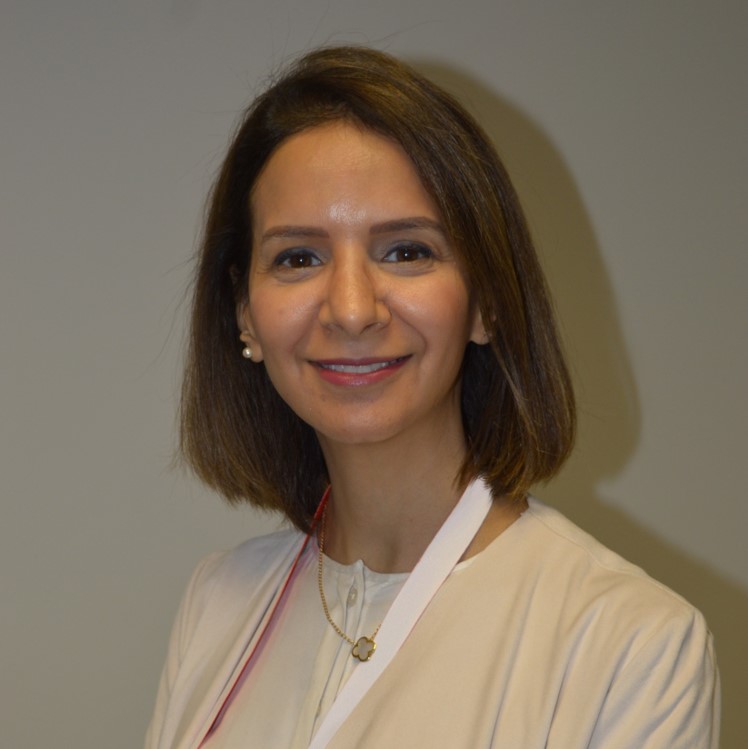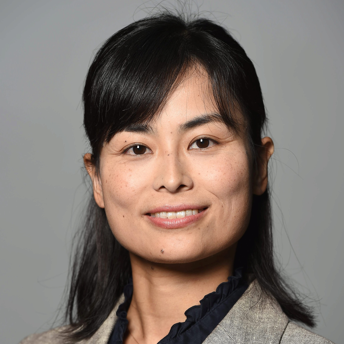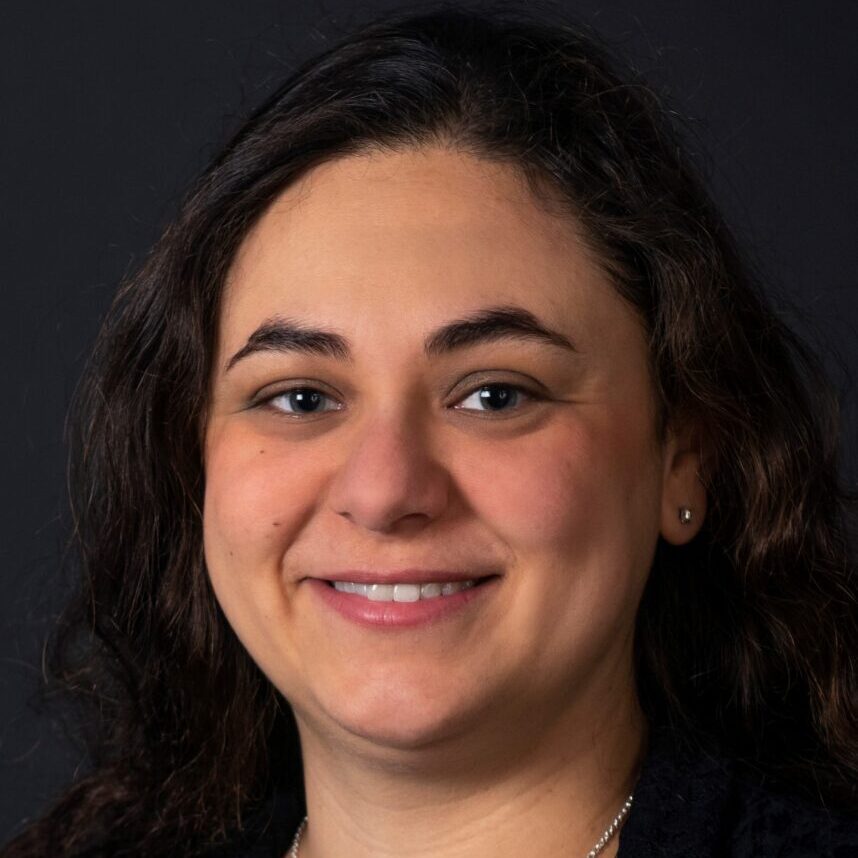Juzar Hooker
Consultant Neurologist, Clinical Teacher and Honorary
Faculty, Aga Khan University Hospital, Nairobi, Kenya
Dr Hooker’s interests include movement
disorders, neurodegenerative diseases,
neurological infections and neuroinflammatory disorders, with a focus on MS. He is taking part in a research collaboration that aims to characterize the population of patients with MS at Aga Khan University Hospital and is also involved in setting up a local registry of patients with MS.









